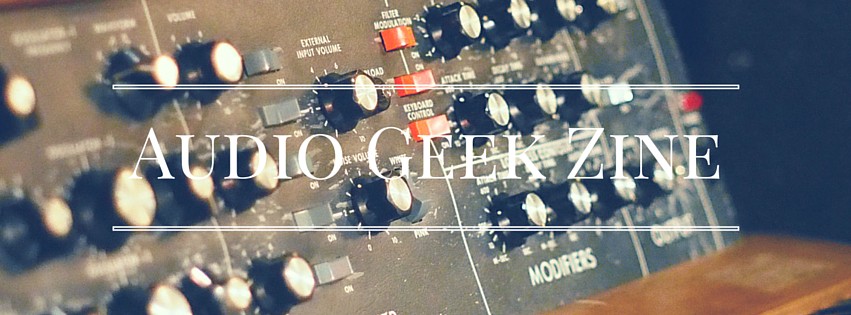Recently on Twitter I posed the question – If you can’t hear a 1dB change is that a limitation of your ears, brain or equipment?
Here are the replies
Ionicbreed If you factor in the room you are in it could be all three.
monkeypusher69 doesn’t the change have to be more than 3db for us to really hear the difference
EvilPowerMaster Interesting. I’d say mostly you
patrick_graf maybe it’s a combo of all those things. All the little things add up in a good and bad way.
Mixerman 1dB can be an enormous change or a minuscule one, as it relates to what ur hearing. It’s highly dependant on circumstance.
AdrianSkyline probably the listener. The change is small but it is detectable.
theDSPproject Brain. you should be able to hear that on basic equipment, unless the ears are damaged its just a learning thing.
Hedley_K defiantly brain
polarcities I think it’s a limitation of the cochlea’s sensitivity. 1 dB in sound pressure level is small what ever the frequency range
ianshepherd [replying to me and Mixerman] Agreed. I can spot diffs of 0.3dB on a mastered mix, but it often takes 2 or 3 to (say) lift a solo within a mix
ianshepherd So I guess that means brain. But then, where does your ear end and your brain start ?
ianshepherd Apparently older engineers’ brains can compensate for hearing loss to a degree, for example
[I replied] @ianshepherd True, I know of one that would boost the hi shelf until the assistants cringe. That’s how he compensates.
siggidori Depends on the frequency as well 😉 …. and at level perhaps even 🙂
[I replied] @siggidori or if we’re talking about a change in level, frequency or gain reduction.
siggidori … they all “crossover” … don’t they ? 😉 … 1dB ain’t that much after all.
edhombre Totally agreed with @Mixerman. How audible a 1db change is totally dependant on the particular mix & it’s state at that moment
RandyCoppinger A 1dB change at 3k will be a lot more noticable than at 60 or 15k. And different at 85dB SPL than 110. Or with a masking freq.
RandyCoppinger Brain! Loudness perception varies by frequency, duration (< 200ms) & interaction with maskers. See also http://ow.ly/4c9Ta
I think they’re all factors, your ears can be damaged, you can train your brain to recognize minute changes (it can also be easily tricked) and the playback system may not be high enough quality to show you all the details.

I would say that it depends on the equipment that’s being used. I’ve boosted 1 dB on a DAW equalizer and not really heard anything, and then done the same thing on an SSL console and it made an incredible difference.
Hehe, replying to ancient post as always, but I think something very important is missing here: The total amount of energy.
That involves the frequency, but NOT the “what frequency” that Coppinger mentions which is another factor, but rather the “how many frequencies”.
Suppose you have a 10-band equalizer that splits the sound into perfectly even bands so they combine to form the exact same input signal, and you also have a volume control. If you boost the volume by 1dB it is the same as if you had boosted every single band by 1dB which in my experience is audible. But if you boost a single band by 1dB like you do with equalizing, you’re effectively boosting 1/10th of a dB, which is obviously not audible.
This is on the same line as what Ian Shepherd first said, but I thoguht it deserved a proper explanation for anyone who might stumble upon this in the future.
The equipment doesn’t mean squat unless it’s broken. Or you’re comparing apples to bananas like Bjorgvin who I bet didn’t pay attention to the width of the EQ.